It's 2019. Academic Papers Should Be Free.
Libraries and funding agencies are finally flexing their muscles against journal paywalls. Authors should follow suit.

Send us a link
Libraries and funding agencies are finally flexing their muscles against journal paywalls. Authors should follow suit.

Transcript of a debate held at the 2019 Researcher to Reader Conference, on the resolution 'Sci-Hub Does More Good Than Harm to Scholarly Communication.'

On Friday, Ithaka S+R released the latest cycle of our long-standing US Faculty Survey which has tracked the changing research, teaching, and publishing practices of higher education faculty members on a triennial basis since 2000. Here, some of the key findings around open access are higlighted. Especially among early career researchers, real-world incentives remain misaligned — and indeed appear to be moving further out of alignment — with the drive towards open access.
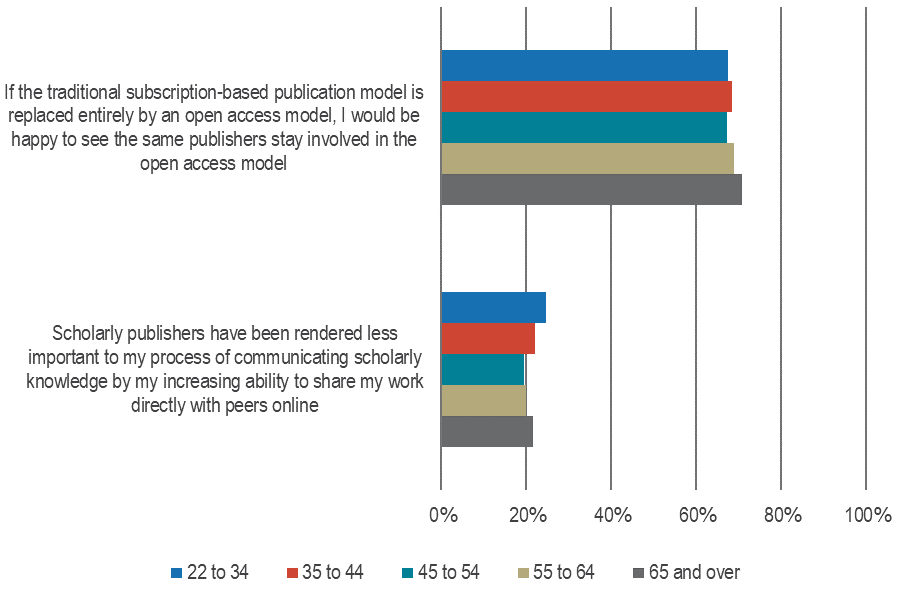
Debate around embargo periods heightens as Plan S deadline draws near. "Embargoes are just there to serve the interests of the publishers” says Robert-Jan Smits, the former lead architect of Plan S who is now president of Eindhoven University of Technology.

A new momentum is emerging in the dissemination of scientific knowledge worldwide. The GLOALL carries a vision to promote the development of multilingual scholarly communication standards, products and services.
A pilot program gives authors another way to publish OA while enjoying the benefits of an established journal.
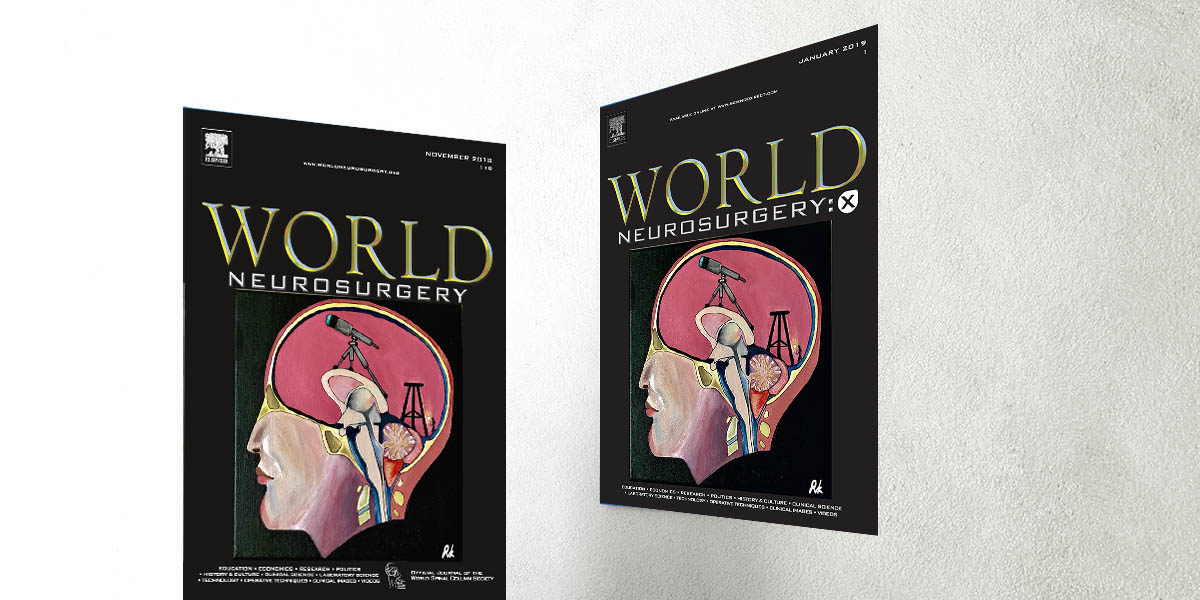
Survey finds that European institutions have open access policies in place - but far fewer have specific targets systems to check their progress.
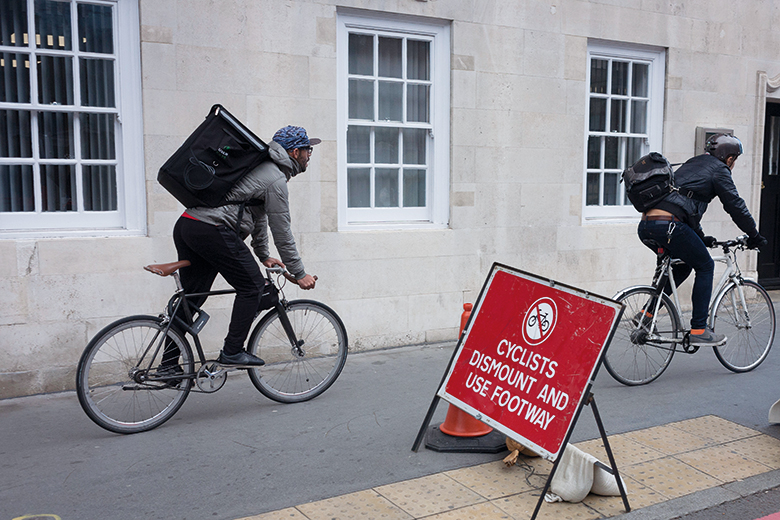
As Open access is often perceived as the end goal of scholarly publishing, much research has focused on flipping subscription journals to an OA model. Focusing on what can happen after the presumed finish line, this study identifies journals that have converted from OA to a subscription model, and places these “reverse flips” within the greater context of scholarly publishing.

Martin Paul Eve, Co-director and Co-founder the Open Library of Humanities was interviewed as part of the Insights into the Economy of Open Scholarship collection of interviews.
The New England Journal of Medicine just published an editorial saying open access publishing isn't necessary, because they already make most of their content free. What are they so worried about?

American Chemical Society: Chemistry for Life.
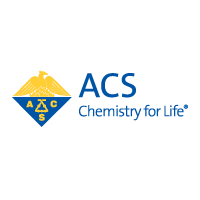
The High Court of Paris has ordered several of the largest French ISPs to block access to the pirate libraries LibGen and Sci-Hub. The decision is a setback for the sites that have come under increasing pressure.

Implementing the mandate for open access monographs will be complex but that is the price of 'being the leader', says Cameron Neylon.

To democratise scholarly publishing, individual academics need to take action.

This week, SPARC Europe, in consultation with ALLEA, The European Foundation Centre (EFC) and Science Europe, sent surveys to almost 200 funding bodies throughout Europe.
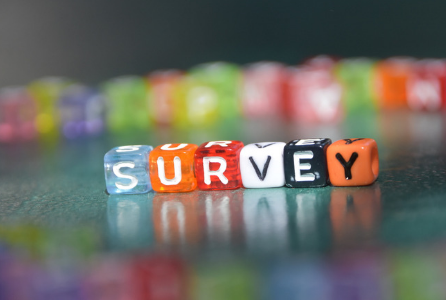
The academic publication lifecycle has undergone radical changes over the past several years. These changes have a significant impact on how scholarship will be written, published, promoted, and read in the future.

The divergent strategies of scholarly publishers to forge licensing agreements with libraries are yielding different results.

Concerns about some key aspects of Plan S and about their workability in practice, particularly within the landscape of the Humanities, are presented, along with a call for closer consideration of the differential impacts and possible unintended consequences of the ambitious plans laid out in the Guidance document.
'My question for those who say it's too tight a time scale,' says Plan S task force co-chair David Sweeney, 'is how long do you want?'

An Open Letter to Elsevier and the Editorial Boards of Elsevier Journal
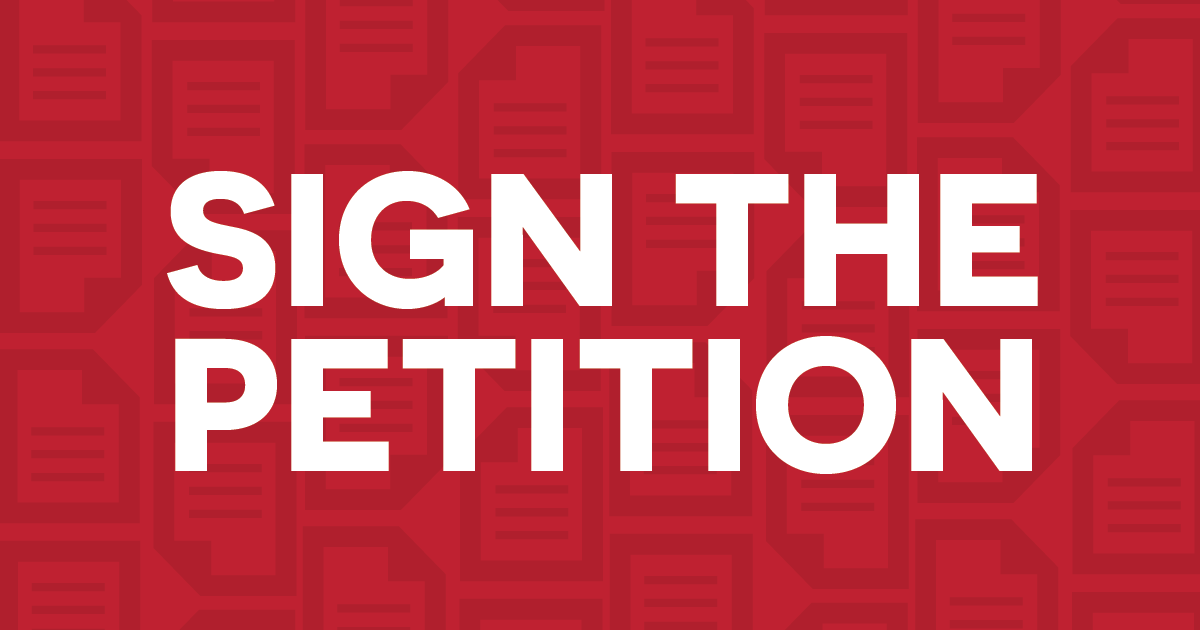
How can academic libraries "vote with their dollars"?
The MIT community is invited to comment on ways to increase sharing of research, data, software, and more.

As the publishing arm of the University of California system, UC Press supports the UC libraries in their cancellation of the Elsevier "big deal" package. As small to medium-sized publishers of largely humanities and social sciences (HSS) journals, university presses (including UC Press) have had to compete for diminishing library resources to support our publishing programs.

The offer from Elsevier is a long way from fulfilling the Norwegian requirements for open access to research articles. There is also no movement in transitioning the agreement from paying to read to paying for open publishing. Norwegian research institutions will therefore not renew the agreement with Elsevier for 2019.

Robert Harington interviews Daniel Hook, CEO of Digital Science, discussing openness and findings from his recent report entitled The Ascent of Open Access.

both in Europe and Latin America principles have been postulated to achieve Open Access. Europe calls it Plan S while in Latin America it…
The UK has benefitted from funder incentives that make Open Access appealing for authors, while US funders have taken a less interventionist approach to Open Access. This in turn has led to increased international collaboration for UK researchers.

Plan S raises challenging questions for the Global South. Even if Plan S fails to achieve its objectives the growing determination in Europe to trigger a “global flip” to open access suggests developing countries will have to develop an alternative strategy.
